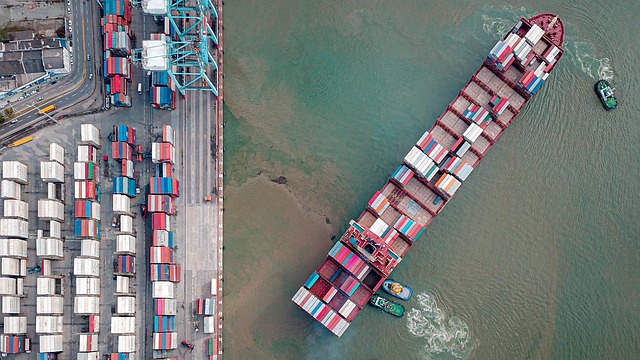
-
The Philippine domestic shipping industry is more competitive now than it was 25 years ago
-
This is according to a discussion paper published by state think tank Philippine Institute for Development Studies
-
Government’s liberalization policies have “helped shape a better operating environment”, the paper said
-
Deregulation of shipping rates and deregulation of route entry were the two main strategies pursued by government to improve the level of industry competition, the paper added
-
Policies on encouraging investments in the domestic shipping industry appear relatively meager compared with policies on market liberalization and maritime safety
-
In maritime safety, signs of significant progress have yet to be observed despite government measures to ensure vessel worthiness and passenger safety on-board
The Philippine domestic shipping industry is more competitive now than it was 25 years ago, thanks to “government’s liberalization policies that helped shape a better operating environment.”
This is one of the findings of a discussion paper titled “Government Interventions in the Domestic Shipping Industry: A Discussion on Market Competition and Maritime Safety” published by state think tank Philippine Institute for Development Studies (PIDS) and authored by Kris A. Francisco.
“Generally, we found that the domestic shipping industry has evolved to be more competitive at present, compared to how it was in 1998,” the paper said.
In 2003, a Philippine Journal of Development study titled “Liberalization and Deregulation in the Domestic Shipping Industry: Effects on Competition and Market Structure” authored by Myrna Austria had already revealed a mild improvement in competition, which the PIDS paper observed to have further progressed over recent years.
The PIDS paper pointed to two main strategies pursued by government in improving the level of industry competition: deregulation of shipping rates, and deregulation of route entry.
An interesting finding is that in terms of competition, the market for cargo services has outdone the market for passenger services despite having a similar starting point in 1998.
“We take this as a sign of possible differences in incentives or constraints in the provision of cargo and passenger services, which should be explored in future research,” the paper said.
The lack of accessible route-level data prevented PIDS from providing a more definitive view of overall competition though, the paper said.
While government in the last two decades has implemented policy reforms to improve industry performance by issuing regulations targeted to induce market competition, encourage investments and enhance maritime safety, many issues remain, the paper pointed out.
Policies on encouraging investments in the domestic shipping industry appear to be relatively meager vis-à-vis policies on market liberalization and maritime safety.
“While we found some indications that government measures such as the provision of special permits as well as the bare-boat chartering arrangements have helped increase the number of domestic vessels in the country, comparative data suggests more intensified efforts related to encouraging investments, as the country’s shipping vessels remain older and smaller than that of other Asian countries,” the paper said.
“We underscore that these characteristics have implications not only on trade performance but also on maritime safety,” it added.
In the area of maritime safety, signs of significant progress have yet to be observed despite government measures to ensure vessel worthiness and passenger safety on-board, the PIDS paper said.
It pointed out, however, that some of the most notable issuances related to maritime safety are fairly recent compared to those related to market liberalization or investment; thus, changes may take longer to manifest.
The paper said this area of policy reform should be monitored closely.
“We highlight that government focus has been exerted on raising the safety qualifications and maintenance requirements imposed on shipowners and operators,” the paper said.
But on the whole, the persistent problem on lack of consistently-categorized and disaggregated data for the domestic shipping industry hindered analyses conducted for the study.
“We reiterate the value of complete, up-to-date and more granular information as an important input in the process of policy-making as well as for monitoring progress,” the paper said. – Roumina Pablo
RELATED READ: Foreign investment negative list updated, reflects shipping, air transport ownership liberalization




